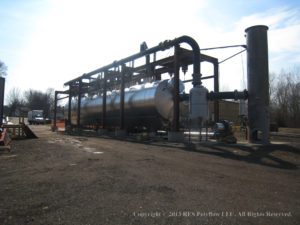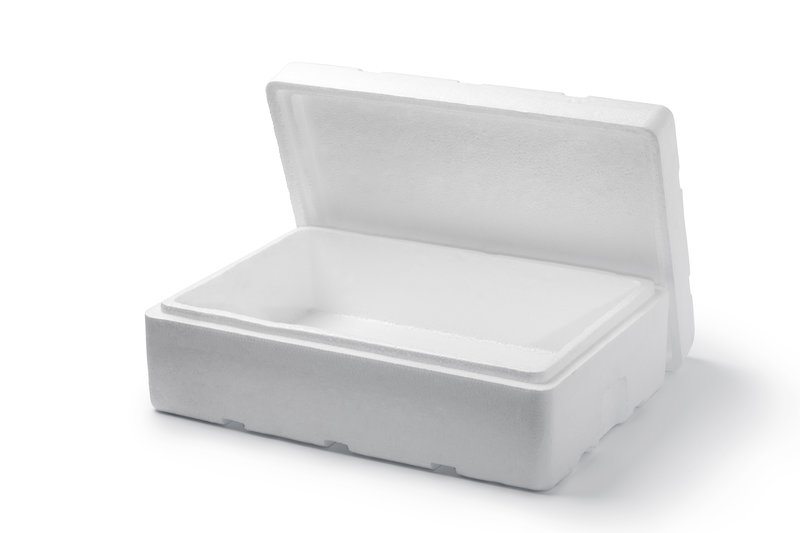 Miniature liquor bottles are targeted for a 15-cent container deposit, and companies work to implement more environmentally friendly packaging.
Miniature liquor bottles are targeted for a 15-cent container deposit, and companies work to implement more environmentally friendly packaging.

 Miniature liquor bottles are targeted for a 15-cent container deposit, and companies work to implement more environmentally friendly packaging.
Miniature liquor bottles are targeted for a 15-cent container deposit, and companies work to implement more environmentally friendly packaging.
A new group in Europe is working to build a demonstration plant to recycle EPS building insulation containing a brominated flame retardant.
 South Africa recycled more total plastic in 2015 than the year before, but the country’s plastics diversion rate dropped and plastics recycling companies struggled.
South Africa recycled more total plastic in 2015 than the year before, but the country’s plastics diversion rate dropped and plastics recycling companies struggled.
 Equipment companies release innovative optical sortation technologies, and the Association of Plastic Recyclers recognizes research improving recyclability.
Equipment companies release innovative optical sortation technologies, and the Association of Plastic Recyclers recognizes research improving recyclability.
 Packaging producers should choose clear or translucent PET containers because opaque and colored ones inhibit recycling of the material into higher-value applications.
Packaging producers should choose clear or translucent PET containers because opaque and colored ones inhibit recycling of the material into higher-value applications.
 A small Midwest town is slated to welcome a plastics-to-fuel facility converting up to 100,000 tons of mixed plastics per year into gasoline and diesel fuels.
A small Midwest town is slated to welcome a plastics-to-fuel facility converting up to 100,000 tons of mixed plastics per year into gasoline and diesel fuels.
 After banning imports of plastic scrap earlier this year, the Indian government has decided to allow exceptions under specific circumstances.
After banning imports of plastic scrap earlier this year, the Indian government has decided to allow exceptions under specific circumstances.
 A Chicago man who who provided a free polystyrene collection service has been forced to end operations.
A Chicago man who who provided a free polystyrene collection service has been forced to end operations.
Instead of separating fiber and PE, two British companies are producing a mixed PE-fiber recycled resin, and the growing potential for rPET in nonwoven fabrics is explored.
 In one section of Georgia, it’s getting easier to recycle a variety of polystyrene products.
In one section of Georgia, it’s getting easier to recycle a variety of polystyrene products.
